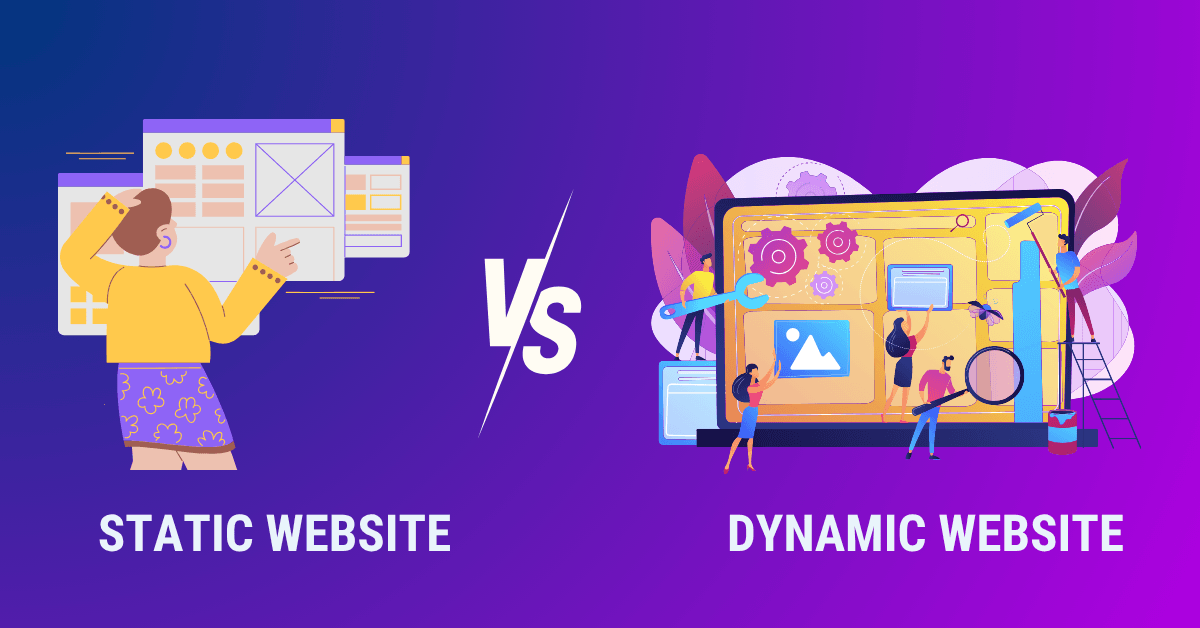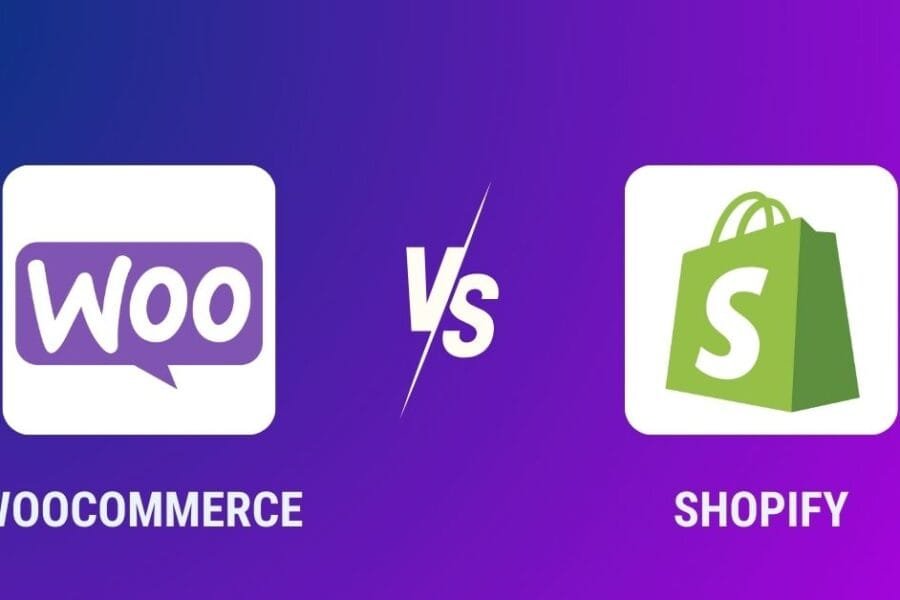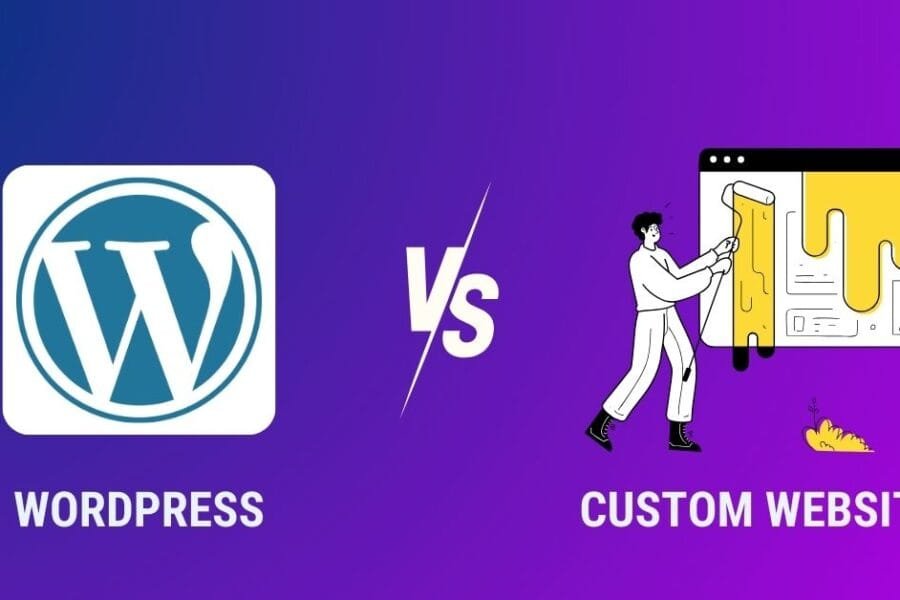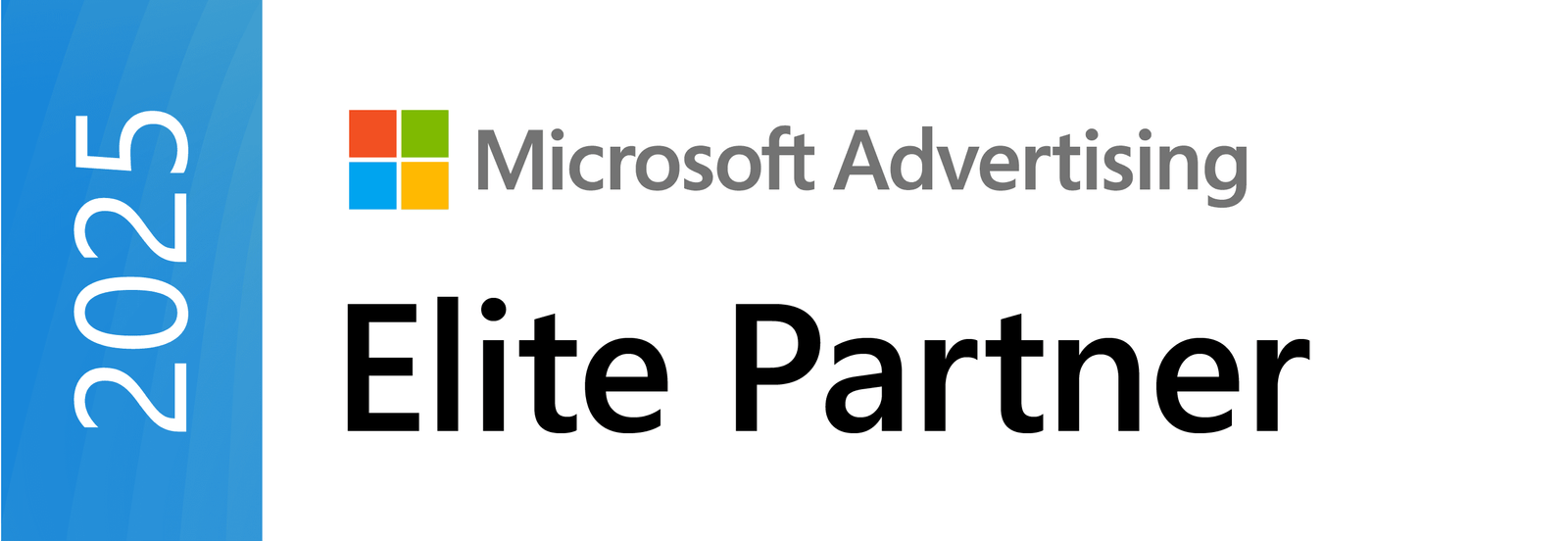When building a website, one of the first decisions you’ll need to make is whether to opt for a static website or a dynamic website. Both have their benefits and are suited for different business needs. In this blog post, we’ll explore the differences between static and dynamic websites, their advantages and disadvantages, and how to choose the right one for your online presence.
What is a Static Website?
A Static Website is built using HTML, CSS, and sometimes JavaScript. The content of each page is fixed and doesn’t change unless edited manually. Each visitor sees the same content.
Examples of static websites:
- Company profile pages
- Portfolio websites
- Landing pages
- Brochure-style websites
What is a Dynamic Website?
A Dynamic Website generates content in real-time based on user interactions, database inputs, or server-side scripting (using PHP, ASP.NET, etc.). The content can vary from user to user.
Examples of dynamic websites:
- E-commerce stores
- Social media platforms
- Blogs with comment sections
- News portals
Key Differences Between Static Website and Dynamic Website
| Feature | Static Website | Dynamic Website |
|---|---|---|
| Content | Fixed | Changes based on user interaction |
| Technology Used | HTML, CSS | PHP, ASP.NET, JavaScript, MySQL |
| Ease of Development | Easier | Requires programming knowledge |
| Cost | Lower | Higher (hosting + development) |
| Speed | Loads faster | Slower (depends on server/database) |
| Maintenance | Manual updates needed | Easier to manage via CMS |
| Best For | Small websites | Interactive or large-scale websites |
Pros and Cons of Static Websites and Dynamic Websites
✅ Advantages of Static Websites:
- Faster loading time
- Cost-effective
- Better security (no server-side scripting)
❌ Disadvantages of Static Websites:
- Hard to update frequently
- Not suitable for large, interactive sites
✅ Advantages of Dynamic Websites:
- Easy content management via CMS
- Personalized user experience
- Better scalability
❌ Disadvantages of Dynamic Websites:
- Higher hosting and development costs
- More complex to secure
Which One Should You Choose? Static Website or Dynamic Website?
- Choose a static website if you need a simple, fast-loading site for a small business or personal portfolio.
- Go for a dynamic website if your website requires frequent content updates, user login systems, or e-commerce functionality.
Final Thoughts
Understanding the difference between static and dynamic websites is crucial when planning your digital strategy. At HV Infotech, we help businesses build both static and dynamic websites based on their unique requirements. Whether you need a fast-loading brochure site or a full-fledged e-commerce platform, our expert team is here to support your growth.
Need help choosing the right type of website?
Contact HV Infotech today for a free consultation!















